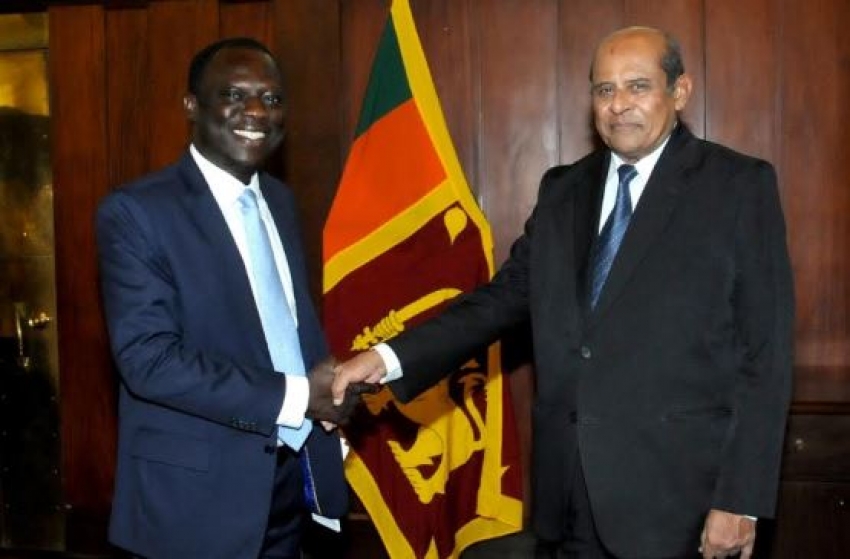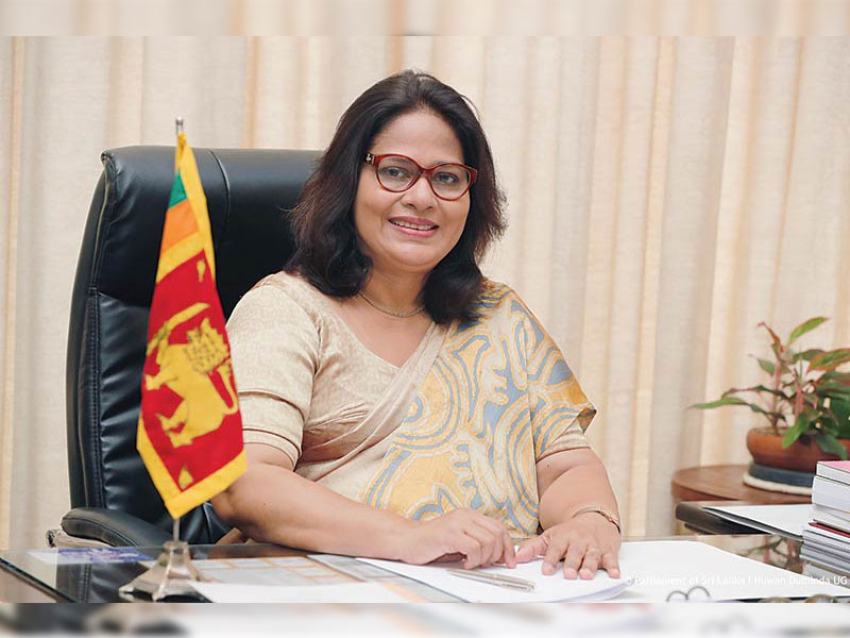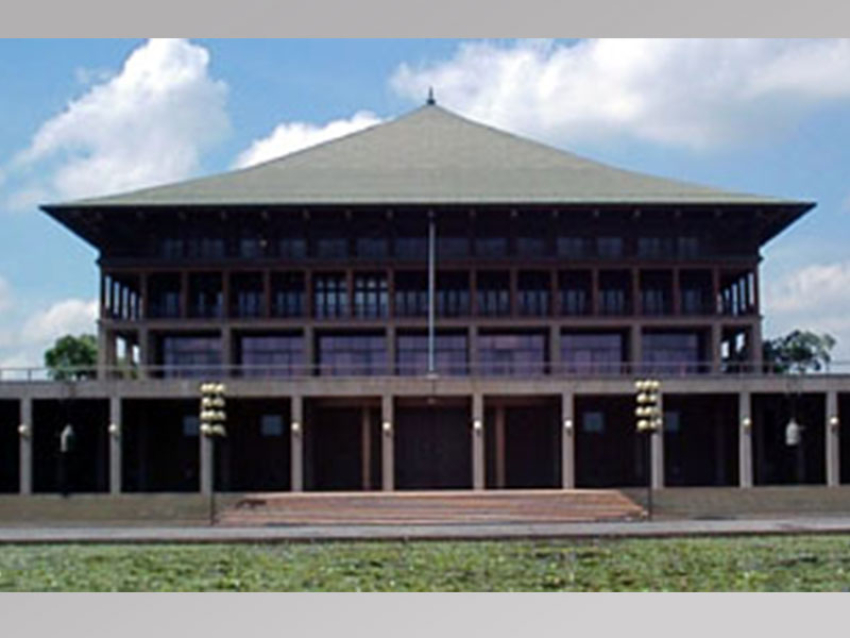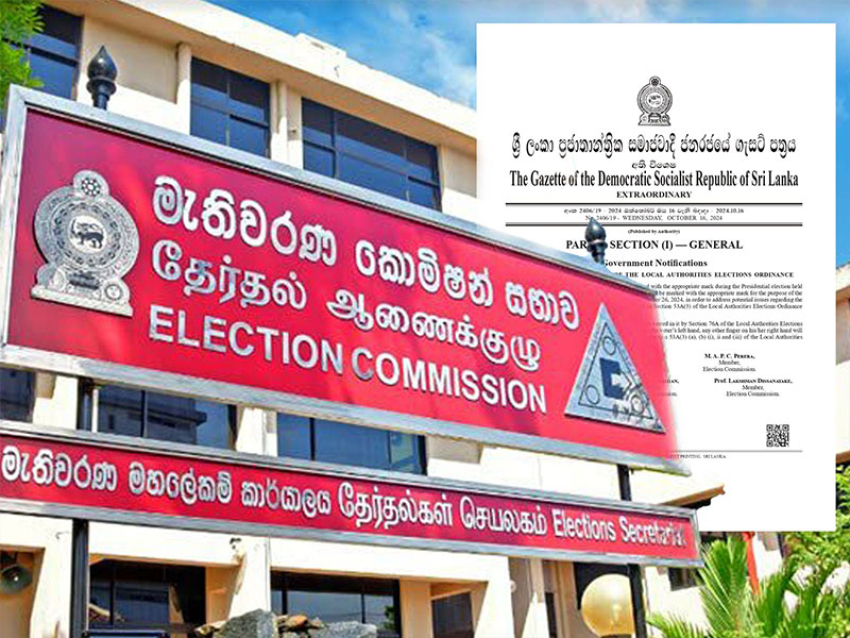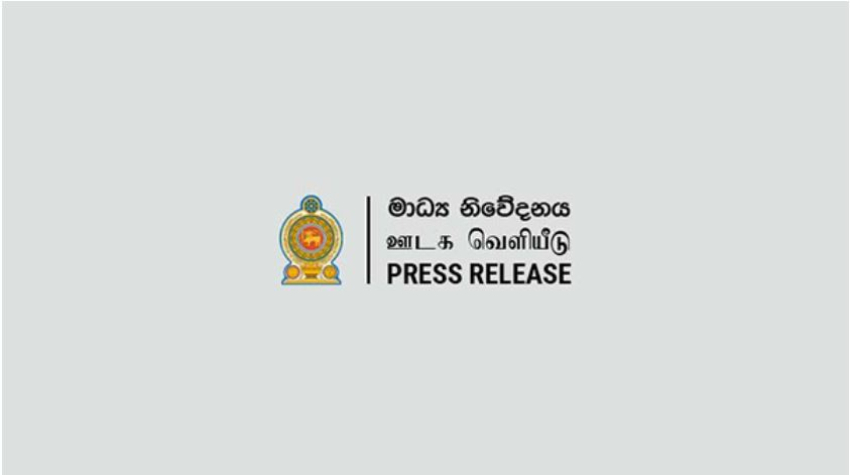Foreign Minister Marapana observed that the freedom of association and peaceful assembly is guaranteed to the public under the present Government which embarked on a new trajectory upholding the rule of law and democracy and engaging with the international community including the UN on the promotion and protection of human rights. He added that even with Emergency regulations being effective, the rights of freedom of assembly and of association have not been restricted and observed that a number of protests/ trade union actions have been made in the country in the aftermath of Easter Sunday attacks.
The Special Rapporteur expressed his condolences on the recent terrorist attacks that occurred in April and appreciated the fact that the country was able to recover and ensure the rule of law in the aftermath of the incidents.
The Special Rapporteur and team also attended a stakeholders meeting of relevant Government officials, chaired by Foreign Secretary Ravinatha Aryasinha. Representatives of Government agencies including the Ministry of Foreign Affairs, Ministry of Defence, Sri Lanka Police, Hon. Attorney General’s Department, Department of Labour, Ministry of National Integration, official Languages, Social Progress and Hindu Religious Affairs, Ministry of Finance, Board of Investment (BOI) andInformation and Communication Technology Agency of Sri Lanka (ICTA) participated in the meeting.
The Foreign Secretary underlined that Sri Lanka has continued its engagement with the UN and international community even throughout testing times. He also noted the importance of the Special Rapporteur engaging with all the relevant stakeholders, which would enable him to gain a balanced perspective on both the measures in place and challenges faced with regard to the rights of freedom of peaceful assembly and of association.
The Special Rapporteur will visit Colombo, and several areas in the Northern, Eastern and South Provinces of the country. During his visit, the Special Rapporteur will meet with Government officials, representatives of the civil society and trade unions, as well as with the Human Rights Commission of Sri Lanka. He will also meet representatives of the United Nations system and other international organisations, along with other stakeholders in the country.At the conclusion of the visit, a de-briefing for Government stakeholders will be held on 26 July 2019. Thereafter, a Press Conference will be held on 26 July where the preliminary findings of the Special Rapporteur will be shared with the media. Following his visit, the Special Rapporteur will submit the Report of the country visit to the Human Rights Council at its 44th Session in June 2020.
The visit takes place at the invitation extended to the Special Rapporteur by the Government, at his request, in response to the standing invitation extended to all thematic UN special procedures mandate holders in 2015. Since then, Sri Lanka has received 08 special procedures mandate holders, and this year the Sub-Committee on Prevention of Torture visited Sri Lanka from 2-12 April 2019. In addition to this visit, Sri Lanka will receive two more special procedures mandate holders this year, i.e. the Special Rapporteur on Freedom of Religion or Belief from 15-24 August and the Independent Expert on sexual orientation and gender identity from 28 October – 8 November this year.

